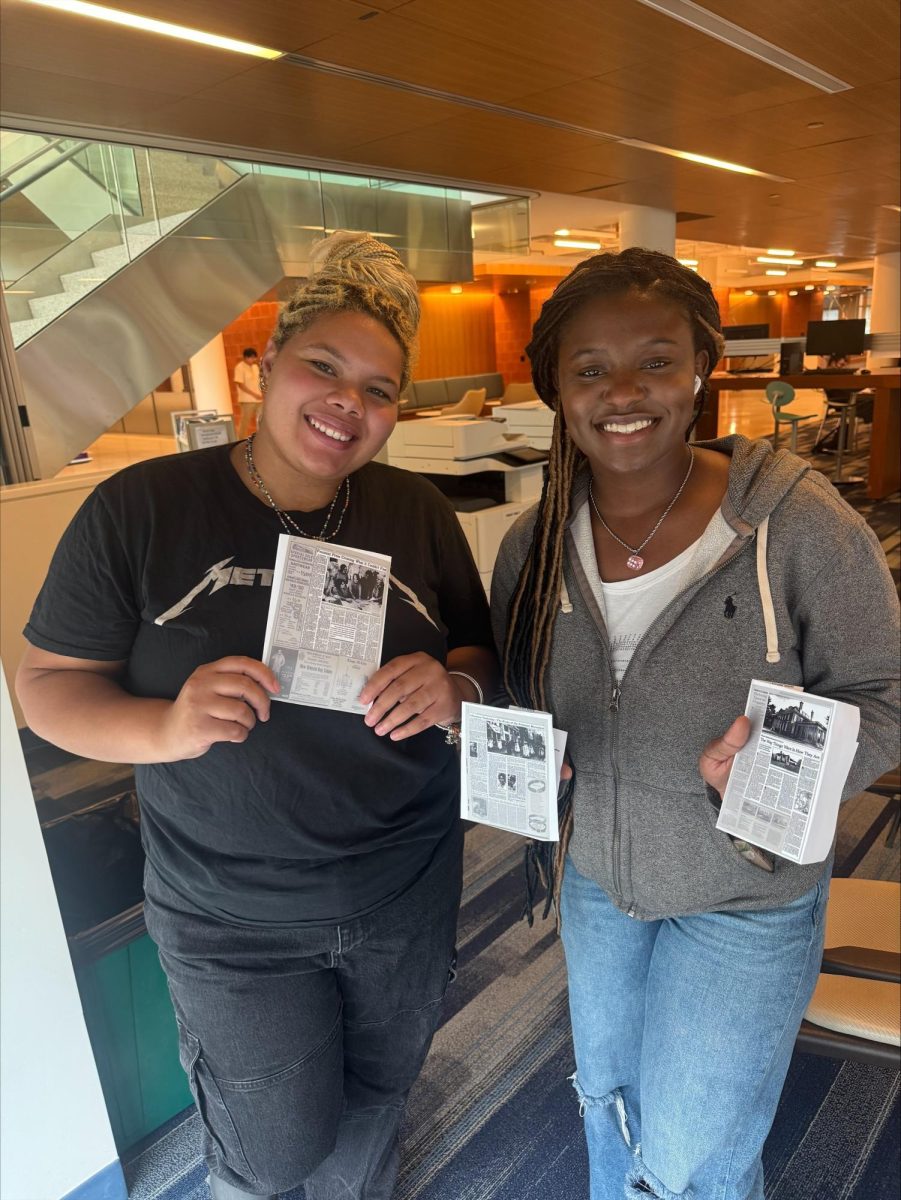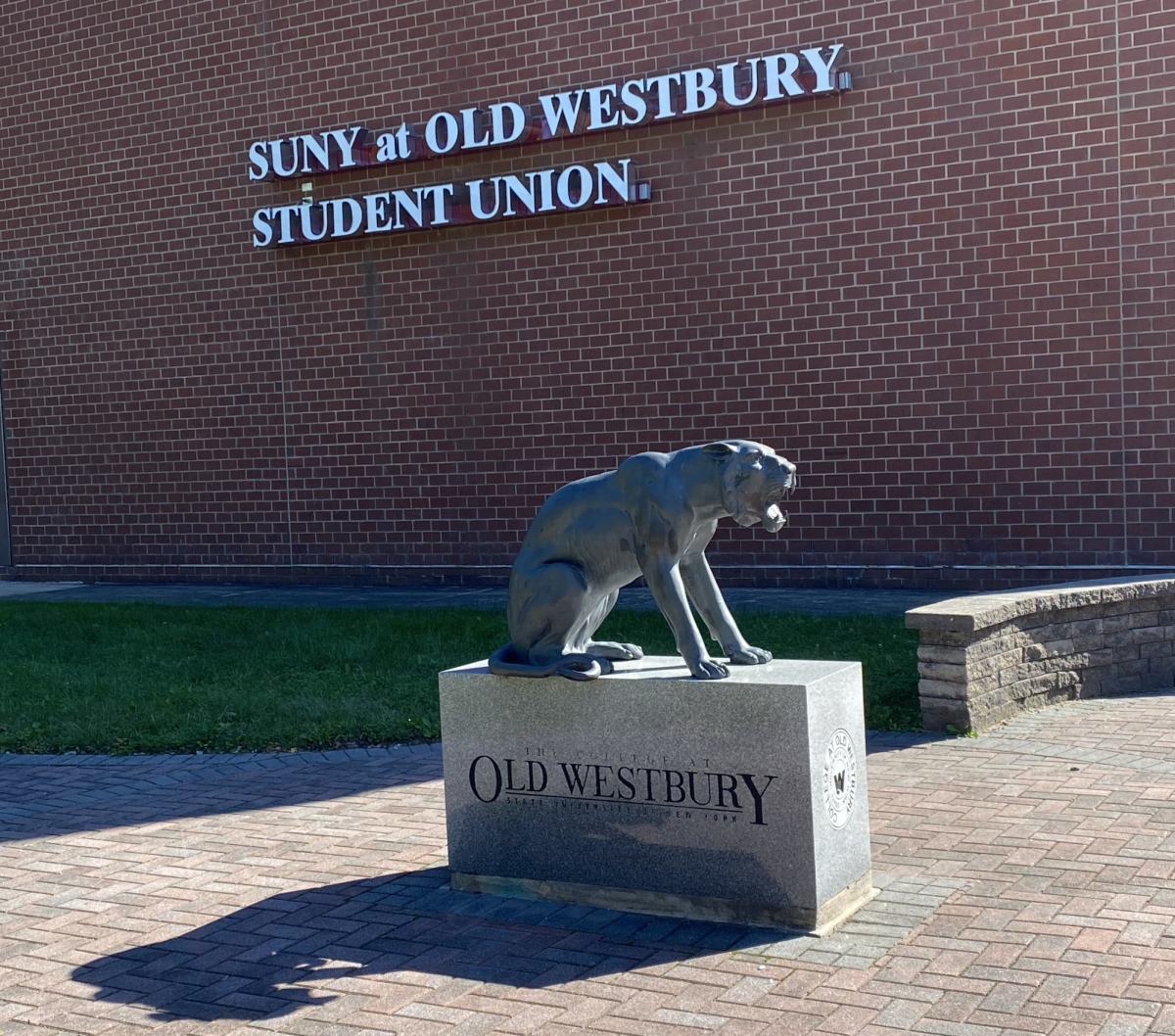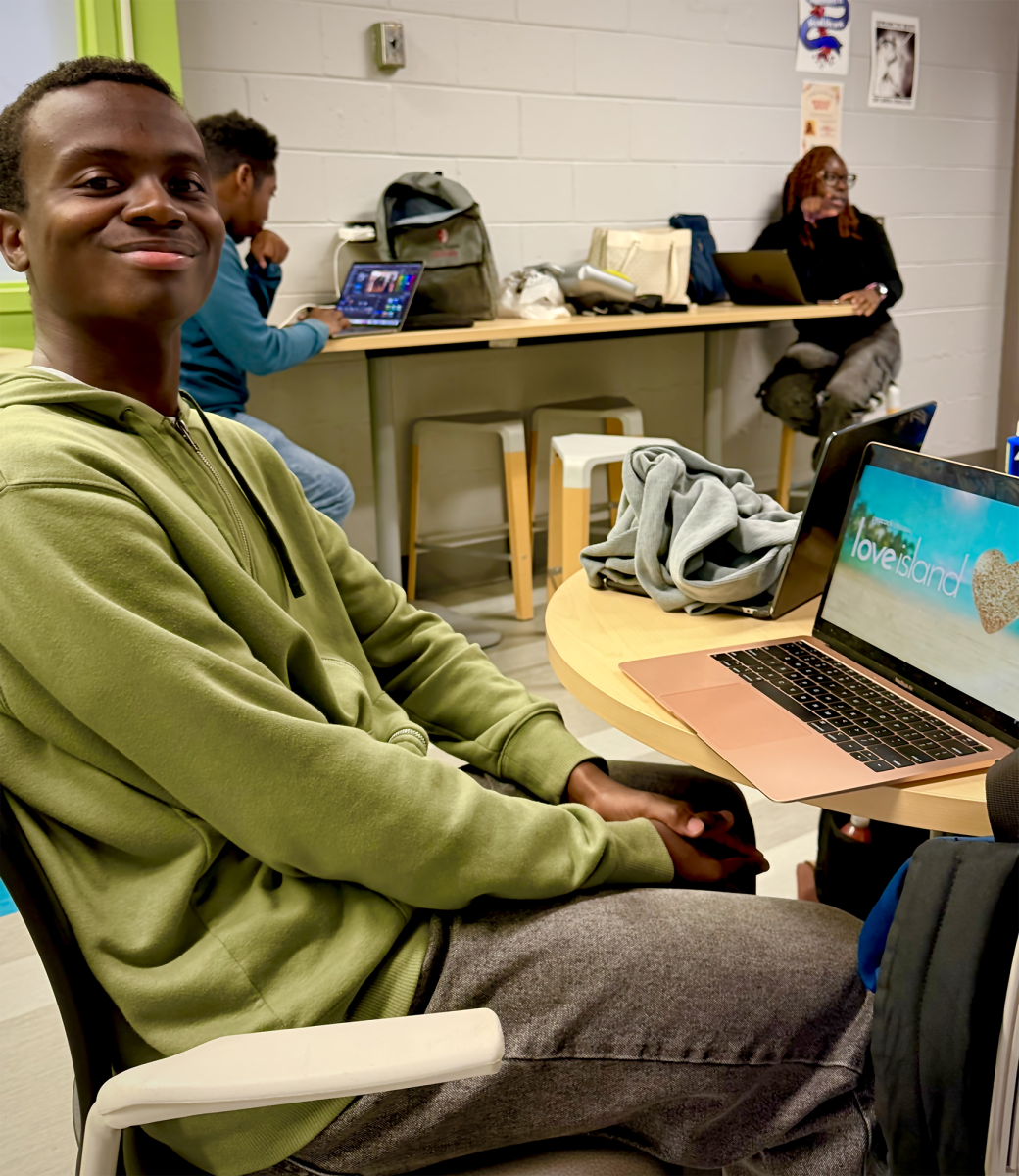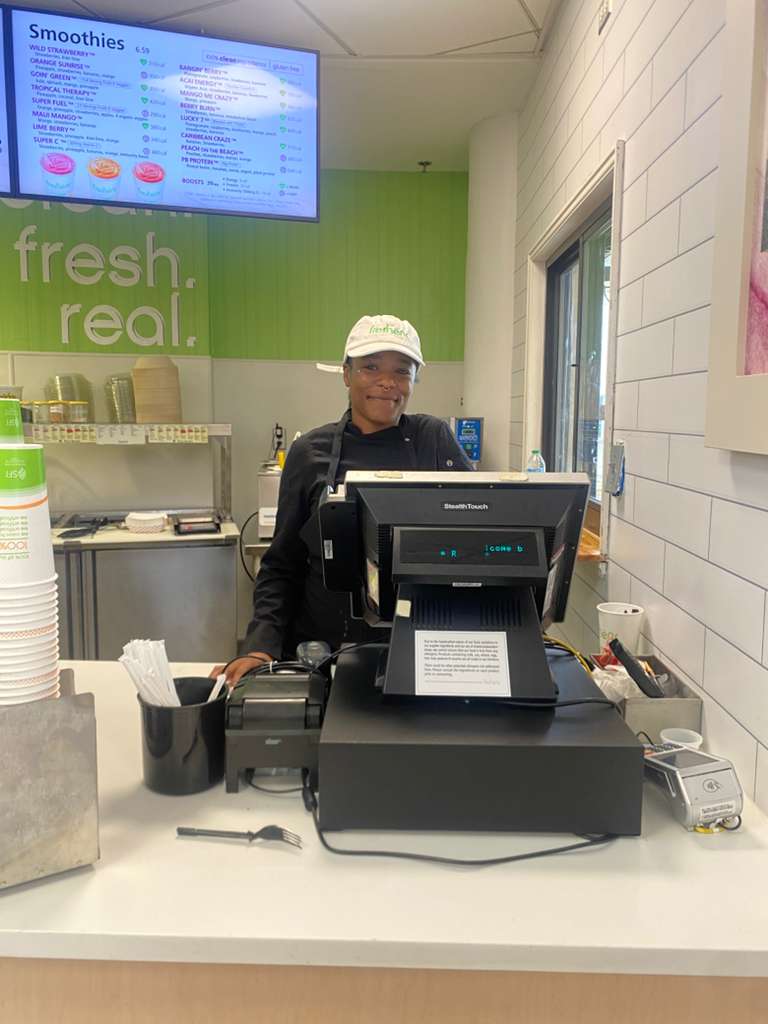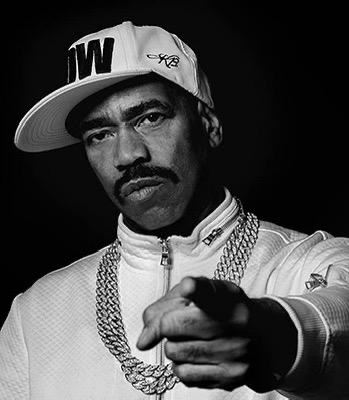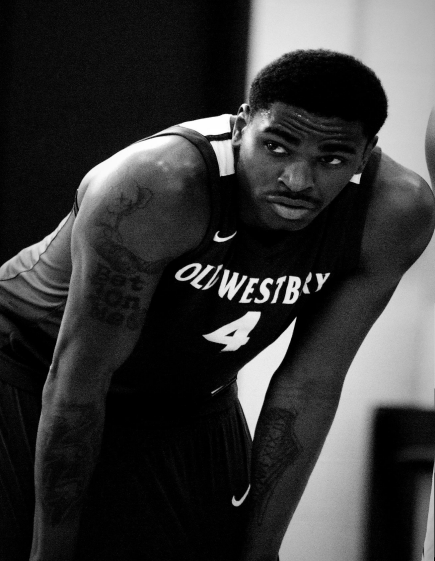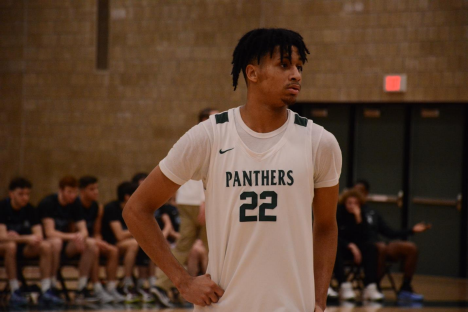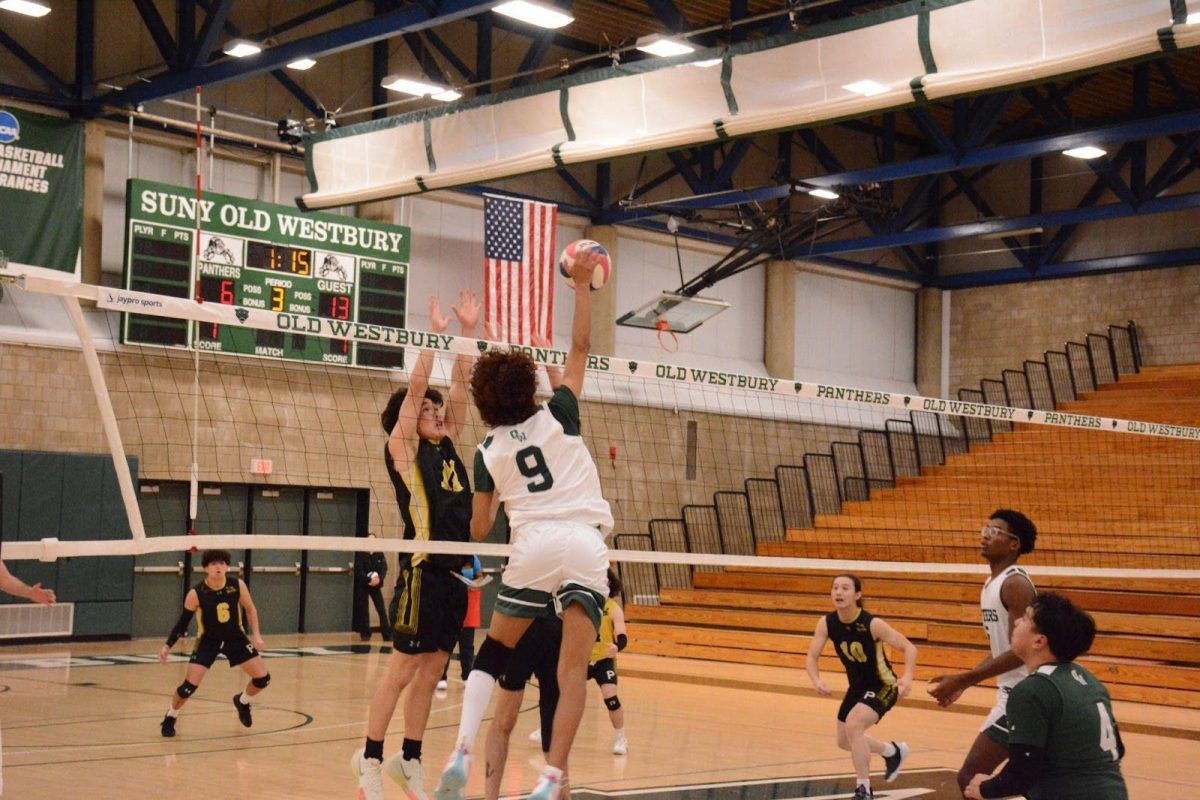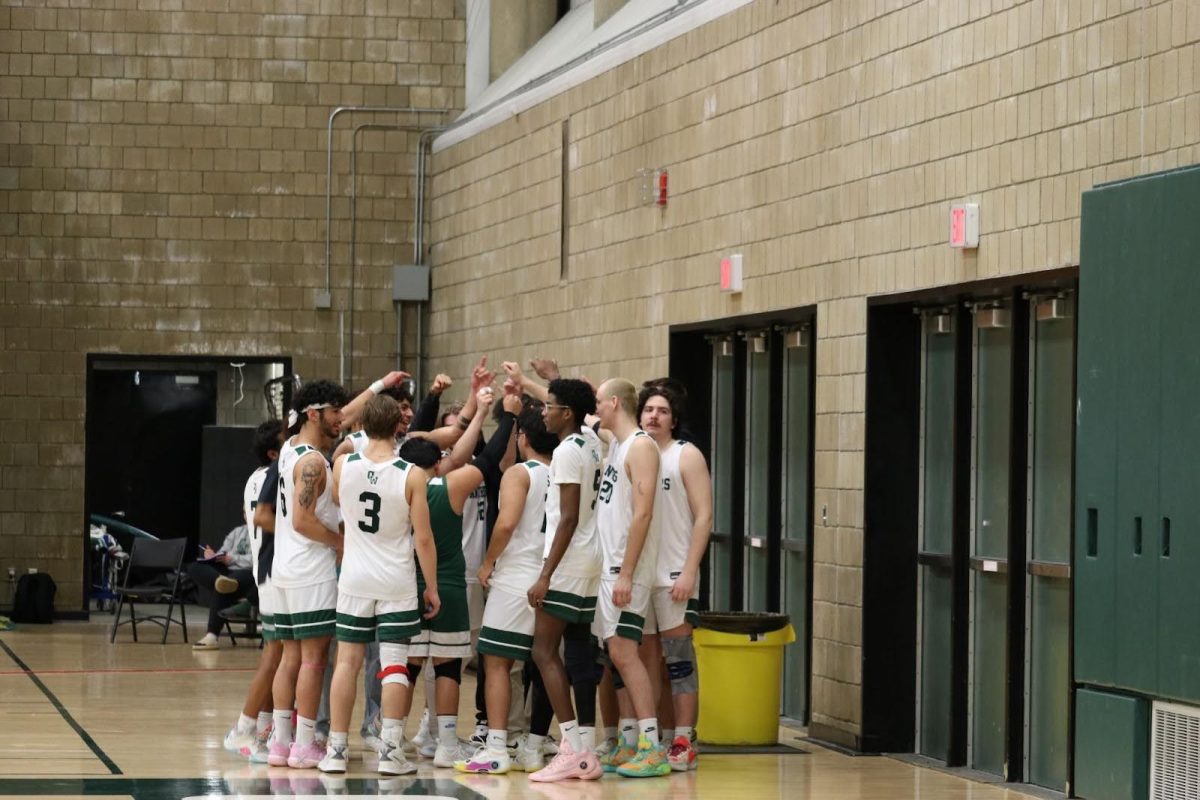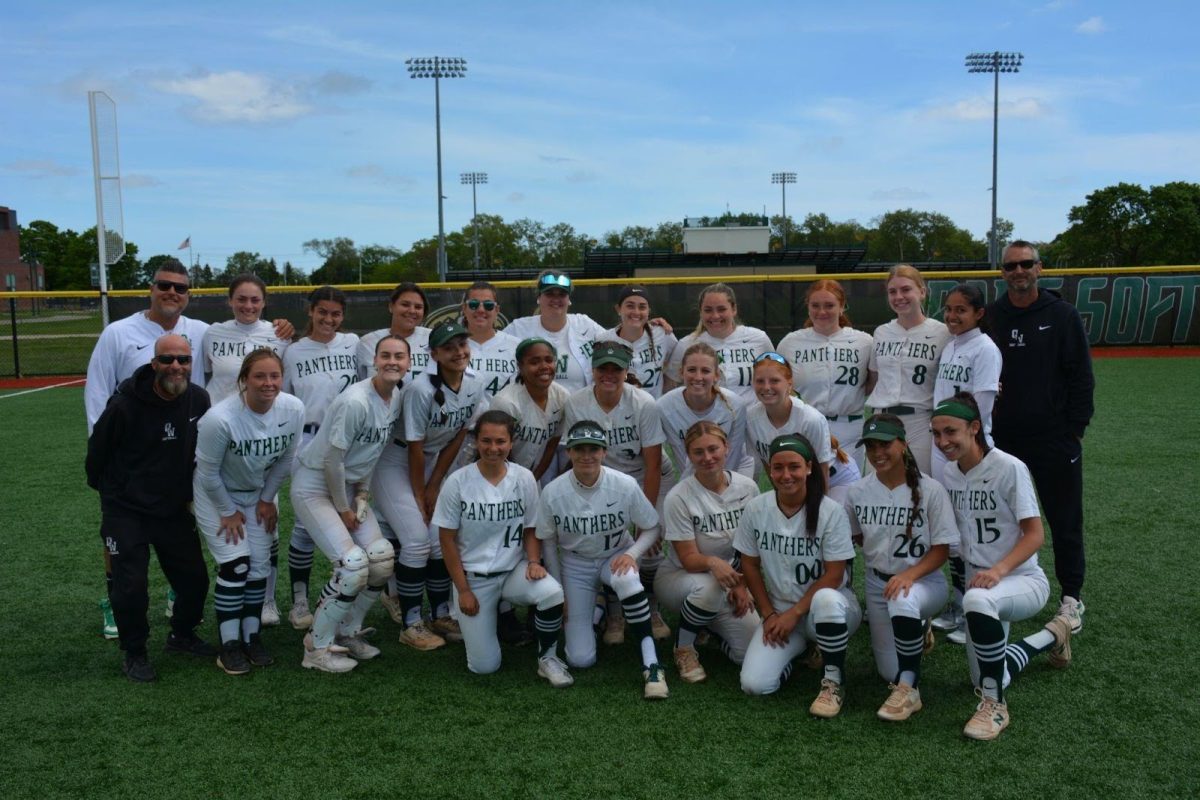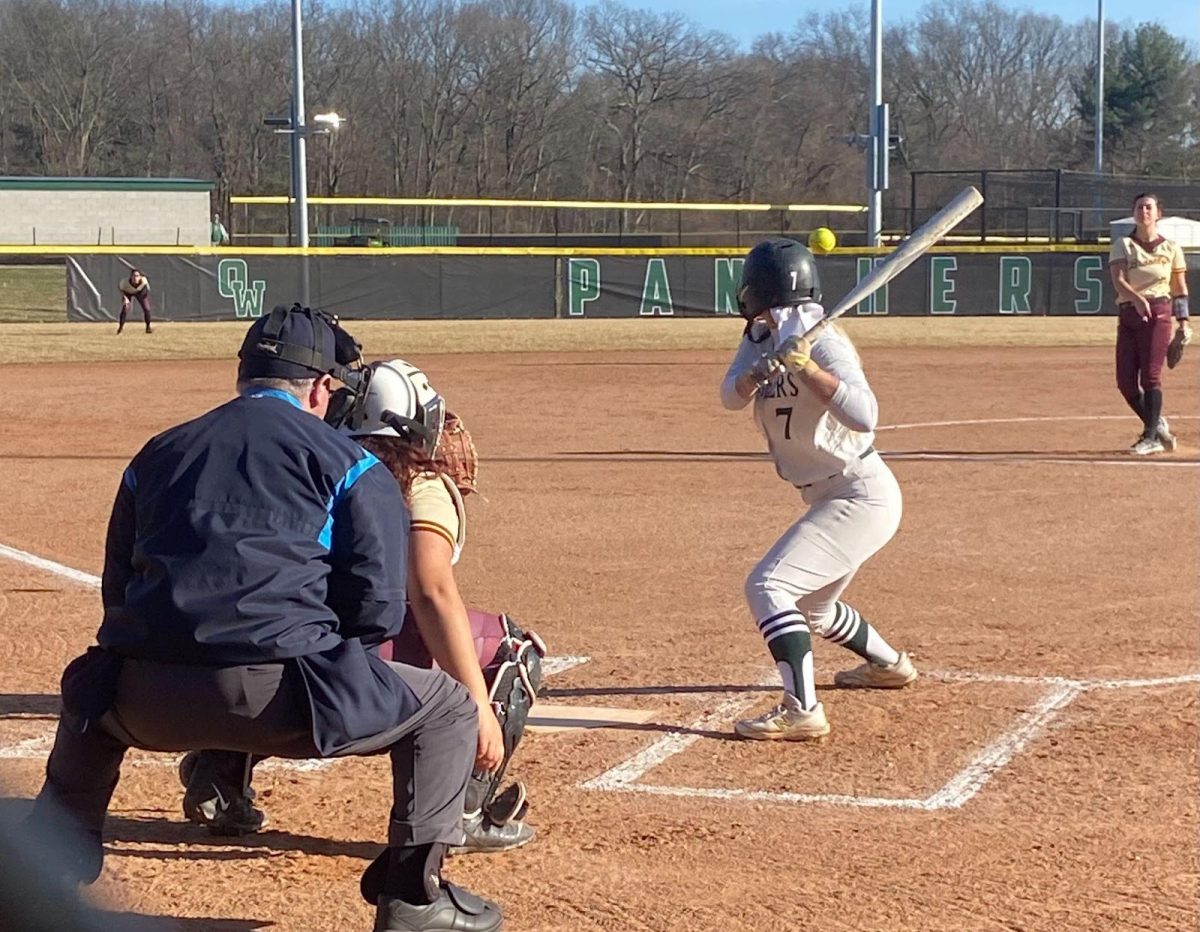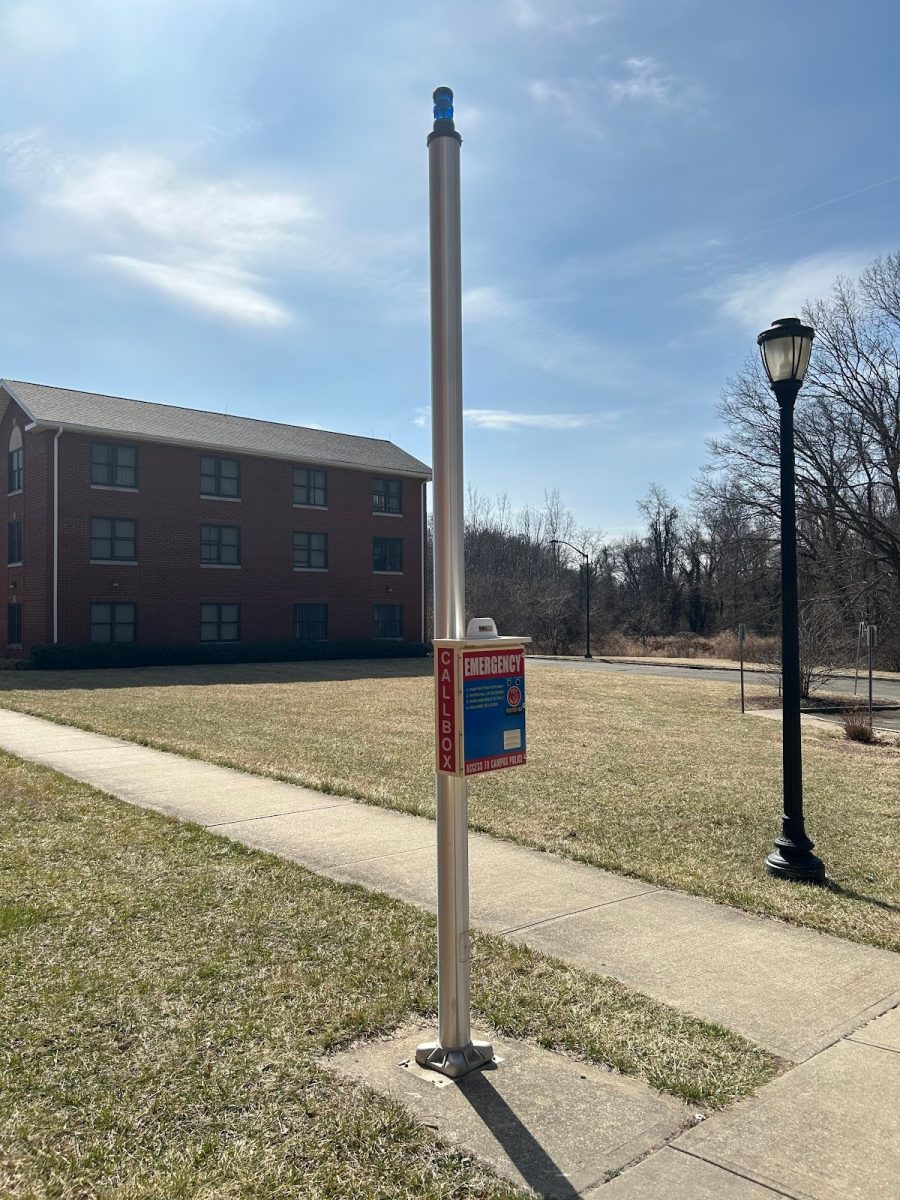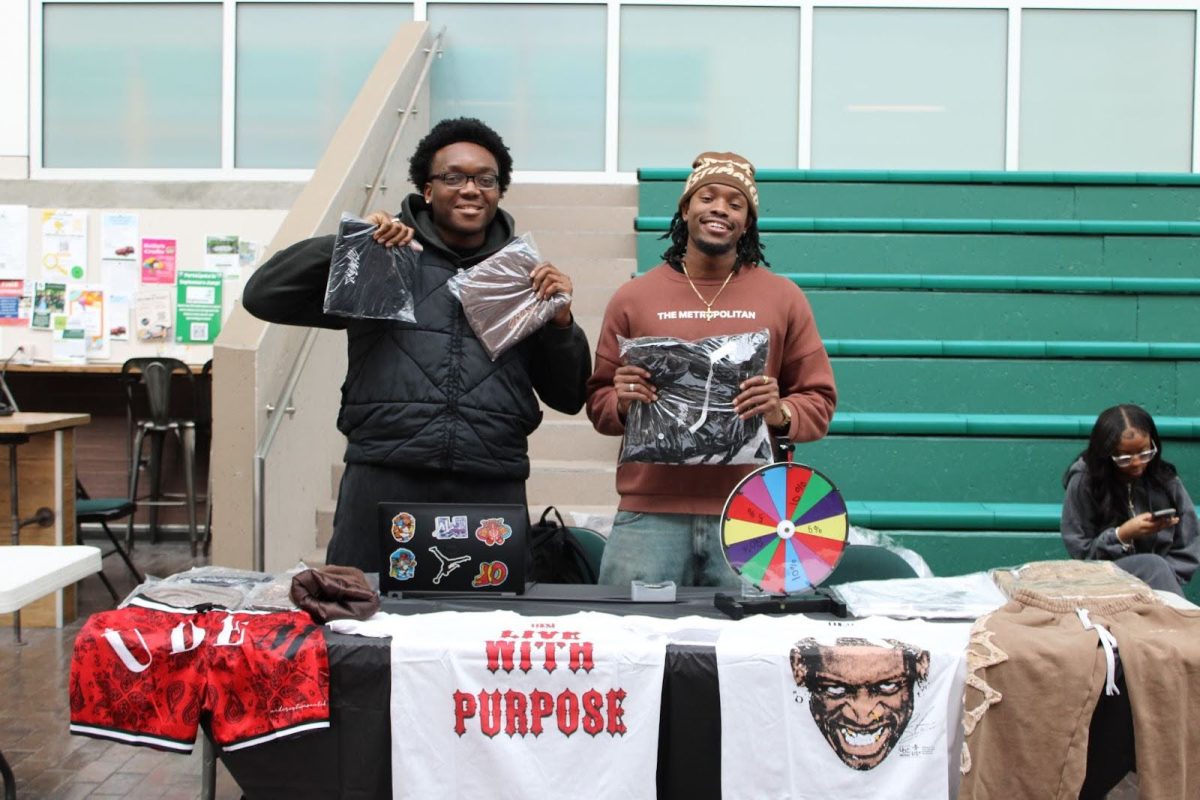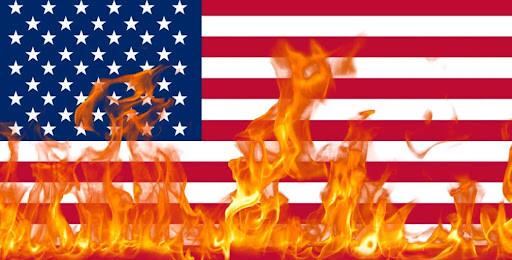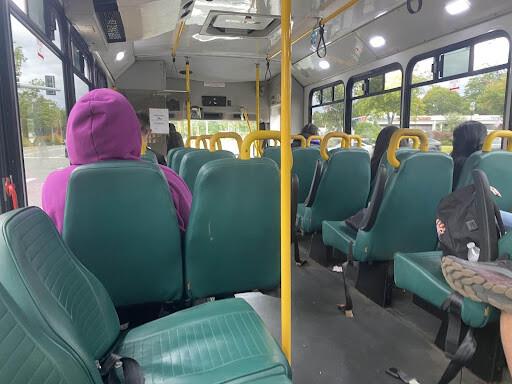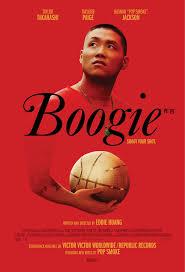
Boogie follows the life of an Asian American basketball prodigy named Alfred “Boogie” Chin (Taylor Takahashi). This Coming-of-Age drama is set in Queens, NY. In the film, basketball prodigy Boogie transfers to a new high school and joins the basketball team, however it isn’t the best. His parents believe if he can help this losing team, it will increase his chance of getting out of the neighborhood and get a better life in the future. Boogie is persistent in not only making it to the NBA, but receiving a full scholarship for college.
In Boogie’s quest to achieve both goals, many of the colleges created uncertainty when they didn’t offer scholarships. Part of the reason for the scouts not giving him a scholarship is because of his bad temper that comes out during games. This created frustration and doubt in Boogie’s household. Boogie’s mother wants to ensure that he is granted financial stability through college and his father on the other hand wants Boogie to solely focus on basketball.
After many talks with his family and his coaches, Boogie understands that in order for him to get the attention that could grant him a scholarship he must defeat the local basketball star and elite player, Monk (Bashar “Pop Smoke” Jackson). It is in this moment that Boogie reflects on his life, culture and values.
There is a scene that takes place during his self –reflection that could be misunderstood. Jessica Kiang’s article from Rolling Stone gave an explanation of an insightful moment during Boogie’s reflection,
“Eddie Huang’s Boogie is a basketball movie, but one of its best moments comes courtesy of tennis. Boogie, né Alfred Chin (Taylor Takahashi) comes back to his home in Flushing, Queens, to find his Taiwanese immigrant father (Perry Yung) rewatching, for apparently the gazillionth time, the 1989 French Open match between Taiwanese-American upstart Michael Chang and the heavily favored world No. 1, Ivan Lendl. Chang won that match, which happened the day after the Tiananmen Square massacre, and went on to win the tournament. When Dad repeats his fervent assertion that this was “the greatest moment in Asian American history,” however, Boogie — so observant of his cultural identity in so many other ways — all but rolls his eyes. It’s the tragedy of even the most triumphant immigrant experience that the hard-won opportunities gifted to the next generation includes the opportunity to reject, disdain or misunderstand their parents’ dearest passions. Boogie has other battles to fight. The model of Asian-American excellence that Chang represented does not bounce his ball.”
In that scene, Boogie wasn’t moved, it was more of frustration that there’s little representation of Asian American in the world of sports. He mentioned many times to both his friends and his girlfriend that he didn’t want to be seen through stereotypical lenses. Mostly the stereotype that says Asians are only good for “cooking, cleaning and counting really good.” Boogie makes it his mission to break those chains by achieving his goal of being successful in the world of sports.
The film also had its melancholy points for many of the people in the audience. It was a bittersweet moment to see late rapper Bashar “Pop Smoke” Jackson appearing in his first and last film. Jackson was murdered in Los Angeles February 19, 2020 at age 20. It was evident in this film that Jackson would’ve had a great music and acting career. He was highly likely to join the other artists who successfully crossed over from music to film such Will Smith, Queen Latifah, LL Cool J, Tupac and 50 Cent. Bashar Jackson gave a solid performance as Boogie’s nemesis in this film.
Moreover, it was also evident that the film plot originally was leading up to a second Boogie film in which the audience would see a rematch between Boogie and Monk but the film takes a different turn due to real life events. Overall, it was a good movie and it was a great feeling being back in the movie theatre!



